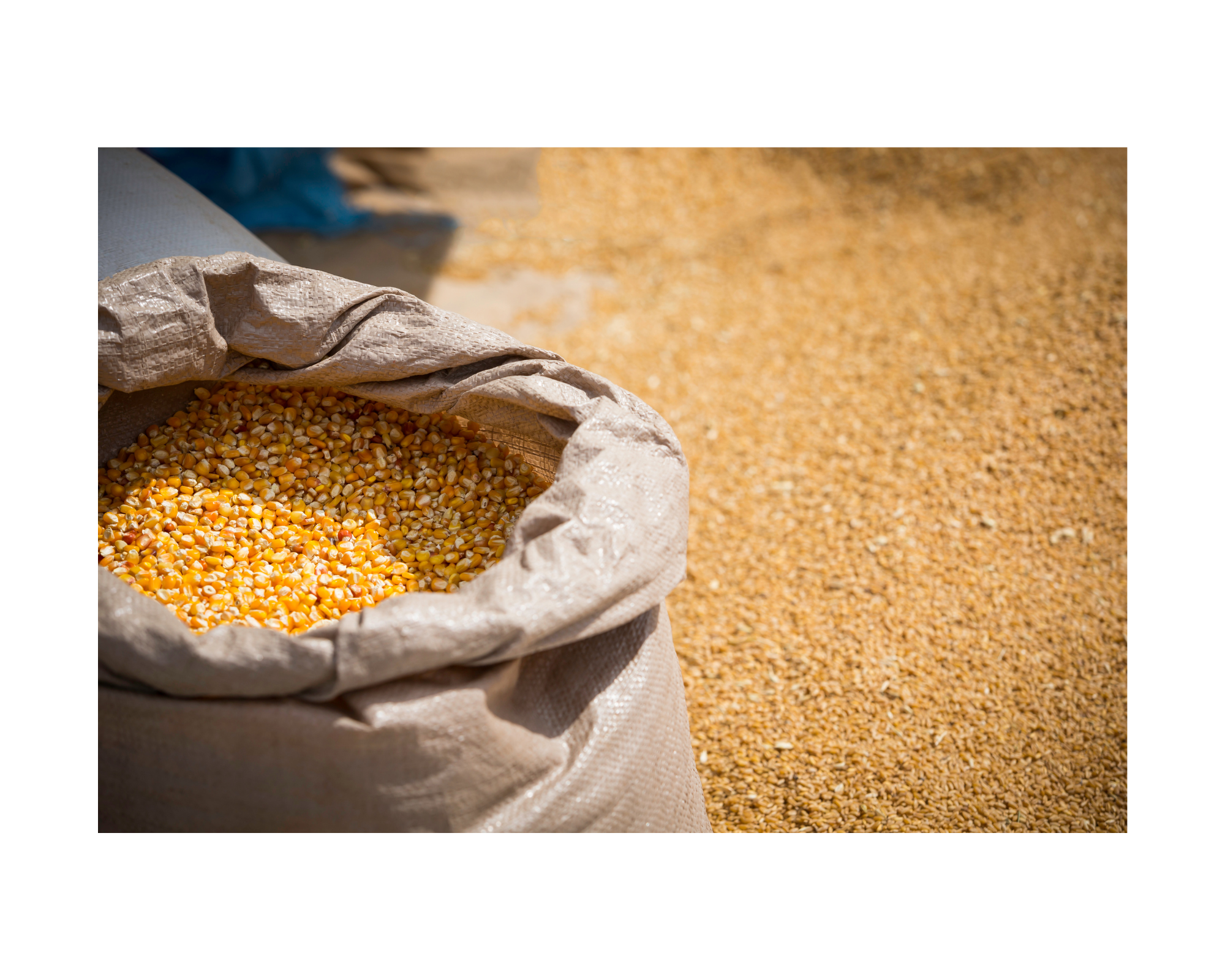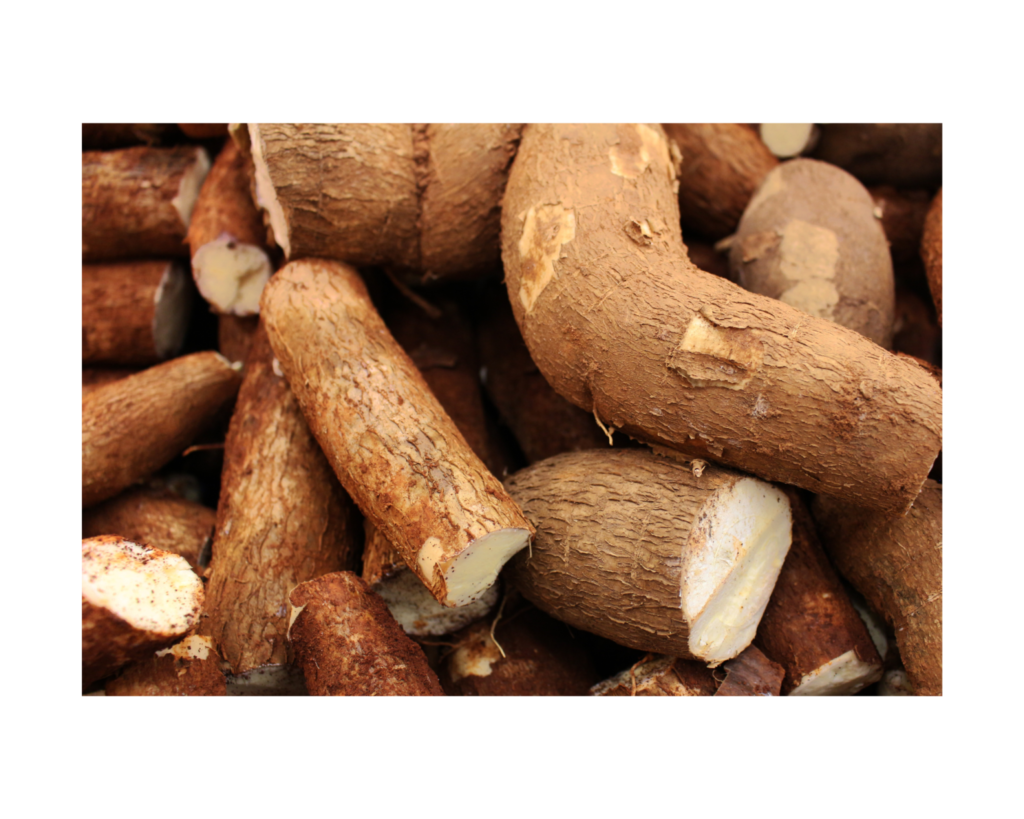
Good or Bad: The Most Consumed Foods in Africa
Nutrition is a topic that concerns everyone in Africa and around the world. In Africa, eating habits have been heavily influenced by culture, traditions, and the environment. However, the most popular food choices have often been linked to negative effects on our health. In this article, we will take a closer look at the most consumed foods in Africa and examine whether they are good or bad for our health.
Dietary Habits in Africa

Staple Foods
The consumption of staple foods depends on the region in Africa. In some countries, such as Cameroon, all types of foods can be found. However, broadly speaking, in Central Africa, the most consumed staple foods are cassava, maize, millet, and sorghum. In East Africa, they are mainly wheat, barley, chickpeas, and lentils. In Southern African countries like Botswana and South Africa, staple foods are primarily maize flour, potatoes, and rice. In North Africa, it is generally couscous, dates, and wheat. West African countries such as Nigeria, Ghana, and Senegal are known for their consumption of yam, plantain, and cassava.
All these foods are considered highly nutritious, providing carbohydrates and proteins that can sustain a person’s energy levels throughout the day.
Thus, their health benefits vary depending on how they are prepared. For example, white carbohydrates such as refined grains and sugars have been associated with an increased risk of obesity, diabetes, and cardiovascular diseases if consumed in large quantities over long periods. In contrast, whole grain-based foods contain more dietary fiber, which can benefit digestion and help lower cholesterol levels.
Traditional Vegetables and Fruits
The richness and diversity of the climate allow Africans to consume a variety of fruits and vegetables. Fruits and vegetables are packed with essential vitamins and minerals that help strengthen the immune system. They are also rich in antioxidants, which can reduce the effects of oxidation and inflammation in the body.
Among traditional vegetables, some of the most consumed foods in Africa include taro, eggplant, okra, and tomatoes. Leafy greens are also very popular in Africa, particularly mustard greens, spinach, and cabbage. These vegetables are rich in vitamins and minerals, but they are often boiled, leading to a significant loss of nutrients. Additionally, excessive consumption can have adverse effects, such as kidney stones.
Among traditionally consumed fruits, watermelon, oranges, and mangoes stand out. Fruits such as bananas, pineapples, and papayas are also very popular in Africa.
Cassava is another highly popular food in Africa. Rich in carbohydrates and fiber, cassava is an important source of energy. However, it also contains cyanide compounds, which can be toxic to health if consumed in large quantities and improperly prepared.
In some countries, such as Ethiopia and Morocco, green tea is also consumed.
Meat and Fish
Animal proteins provide essential nutrients to the body, such as iron, zinc, calcium, and magnesium. They also contain healthy fats that promote heart health. While these foods can be considered beneficial for our health, overconsumption can lead to weight gain and high cholesterol levels. Red meat consumption is very common and highly valued in Africa, particularly due to its role in cultural traditions and ceremonies. However, excessive meat consumption can raise cholesterol levels and increase the risk of developing heart-related diseases.
The most consumed meats in Africa are beef, lamb, goat, and chicken. Pork is also widely consumed by non-Muslim populations.
The most consumed fish in Africa and worldwide remains tilapia. Due to fishing pressure, wild fish are becoming less available. This has led to the rise of fish farming, which we hope will enable all African populations to access fish. Fish can provide the body with essential nutrients such as omega-3 fatty acids and proteins. Unfortunately, excessive fish consumption can increase the risk of mercury poisoning.
Is It Good for Health?
While these foods are generally considered healthy, the way they are prepared can make a significant difference in terms of nutrition. Frying is a common cooking method in Africa. This cooking method can add a lot of extra calories to meals. Additionally, many fried dishes contain large amounts of fat and oil, which can increase the risk of obesity and other health problems.
Regarding fruit consumption, when excessive, it can lead to weight gain and dental issues. Despite their vitamin, mineral, and fiber content, fruits contain sugar. Therefore, they should be consumed in moderation.
Changes in Food Consumption in Africa

In Africa, the most consumed foods are gradually giving way to processed foods. These have become increasingly popular with the rise of supermarkets and fast food. Among the most common processed foods are biscuits, chips, crackers, sugary drinks, and fast-food chicken. These types of foods are convenient but often lack essential nutrients such as vitamins and minerals necessary for a healthy life. They also tend to be high in fats and sodium, which can lead to health complications such as obesity, high blood pressure, and diabetes.
Healthier Alternatives
Yet healthier options are available in Africa. For example, some African countries consume green leafy vegetables such as kale and spinach and cook with olive oil or coconut oil instead of peanut oil or palm oil. These ingredients provide essential nutrients while being low in fats. Legumes, nuts, fish, and lean meats are other healthy foods.
Boiling or steaming foods is generally a much healthier option. Not only does this method remove some of the fats contained in foods, but it also helps preserve more vitamins and minerals.
Challenges for Healthy Eating in Africa

With the changes in dietary habits in Africa, the continent is gradually facing a major health challenge: obesity. Indeed, more and more people in Africa are obese. This is increasingly observed among younger populations as well, whereas a few years ago, obesity was not as widespread across all age groups. This poses other health problems, as obesity opens the door to other conditions such as high blood pressure, atherosclerosis (notably due to arterial inflammation), dyslipidemia, liver diseases (non-alcoholic steatohepatitis), and chronic kidney diseases. It is also associated with numerous cancers, particularly breast, uterine, and liver cancers. Significant awareness and education efforts are needed to achieve a change in the cooking methods of our favorite African dishes.
Conclusion
Overall, the most commonly consumed foods in Africa can be considered good or bad for health, depending on the context. To ensure all the vitamins and minerals necessary for optimal health, it is important to maintain a balanced diet by including both nutrient-rich staple foods, such as yams or plantains, and foods richer in vitamins and minerals, such as maize, olive oil, and rice. At SennaCare, we strive to raise awareness among African populations about balanced nutrition to promote good health for all.
SennaCare aims to help individuals achieve optimal health by connecting them with professionals who can advise on nutrition and lifestyle choices related to their eating habits. Through personalized care plans and access to a network of healthcare providers, SennaCare empowers users to make informed decisions regarding their dietary habits.
